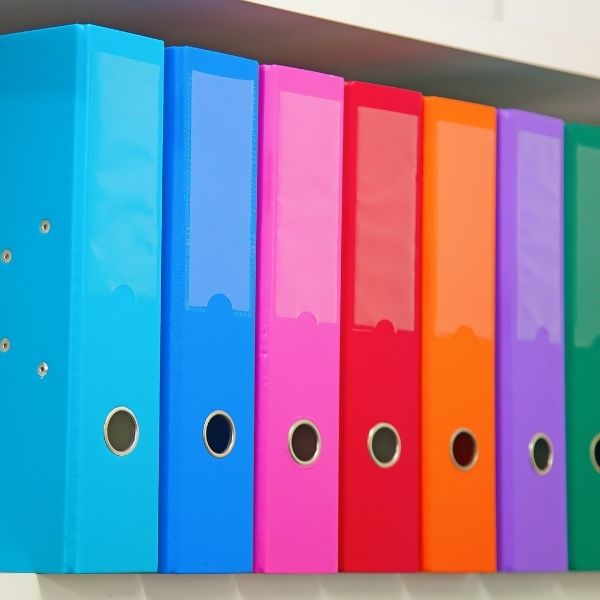Local protocols are guidance and procedures which all practitioners in Leeds should follow to support their work with children and young people. They are automatically updated on our website.
If you notice that any information contained within any of the guidance is out of date please inform us at the LSCP Business Unit.
The responsibilities for partner agencies and organisations with regards to dissemination and implementation of the guidance is identified at the beginning of each policy. If you are the safeguarding lead for your organisation, please ensure that you disseminate and implement each local protocol as per the instructions and update your Organisational Safeguarding Assessment to provide assurance to the LSCP.
Bruising in Non-independently Mobile Children Protocol
Provides frontline staff with a knowledge base and action strategy for the assessment, management and referral of children who are Not Independently Mobile (NIM) who present with bruising or otherwise suspicious marks.
Read more
Burns and Scalds
The purpose of this protocol is to provide guidance to practitioners when dealing with a child who has sustained a burn or scald injury.
Read more
Child Exploitation Practice Guidance
This guidance aims to support practitioners and managers through information and upskilling in relation to contextual harm; thereby achieving consistent practice across Leeds. This aims to help children who are at risk of exploitation receive the right support at the right time. The guidance is an overview of good practice and information. It is not intended to replace procedures or internal processes.
Read more
Child Protection Medical Pathways
Leeds Multi-Agency Procedure for Professionals Requesting Child Protection Medicals

Safeguarding Children with Complex Medical Needs who Travel Outside of the Local Authority or Abroad
This guidance provides practitioners with a clearly defined procedure, addressing the management of travel abroad, ensuring consideration of the implications of any forthcoming travel for children.
Read more
Concerns Resolution Process
The process of resolving disagreements between practitioners on the best way to address concerns regarding a child, young person or their family.
Read more
Domestic Violence and Abuse: School and Further Education Notifications (Leeds Joint Agency Protocol)
This updated protocol sets out a joint-agency approach to provide, by early intervention, appropriate support for children and young people who have experienced domestic abuse in their household.
Read more
Female Genital Mutilation
Workflow for managing concerns regarding Female Genital Mutilation for under 18 year olds.
Read more
Guidance for The Relocation of Families due to risk
This guidance assist agencies and practitioners in supporting the relocation process and to ensure information is shared across local authorities appropriately and safely.
Read more
Interpersonal Violence and Abuse (IPVA) Young People’s Relationships
This guidance is for practitioners and managers who may encounter situations where a young person under 18 years of age has been harmed through interpersonal domestic abuse from a partner (boyfriend or girlfriend).
Read more
Intimate Care Policy
This document provides all agencies who may provide a level of intimate care to children and young people with clear guidance when developing an internal set of good practice guidelines.
Read more
Neglect - Recognising, Responding and Assessing
This document supports the Neglect Strategy and provides guidelines for the recognition, assessment of, and the response to neglect for all staff working with children and their families across Leeds.
Read more
Paediatric Examination Guidance
This guidance reminds staff of the legal position of paediatric examinations, and in particular, the need for the examining doctors to have appropriate legal authority for such examinations, both during and outside care proceedings.
Read more
Recording of meetings/ conferences by parents/ carers
This guidance supports practitioners and agencies in responding when birth parents and others with parental responsibility, want to record a multi-agency meeting. This is not guidance about the local authority or other agency making a recording of a meeting.
Read more
Removal at Birth Inter-Agency Procedures
When a decision has been reached to remove a child at birth following a multi agency assessment the following procedure must be followed by all agencies involved.
Read more
Safeguarding from the threat of violent extremism
This protocol supports practitioners in identifying people vulnerable to people extremism and how to respond and support them.
Read more
Self Harm and Suicidal Behaviour
Supporting young people who self-harm or feel suicidal: A guide for professionals in Leeds working with young people aged 25 and under’ is aimed at anyone who works with children, young people and young adults in Leeds. This booklet is available via the Mindmate website.
Read more
Think Family, Work Family
This document supports the implementation of the `Think Family, Work Family’ approach developed to improve the support offered to children, young people and adults at risk within the same family.
Read more
Working Restoratively
This policy focusses on supporting practitioner engagement with families, parents and carers in order to form restorative relationships and in turn support the safeguarding of children and young people.
Read more
